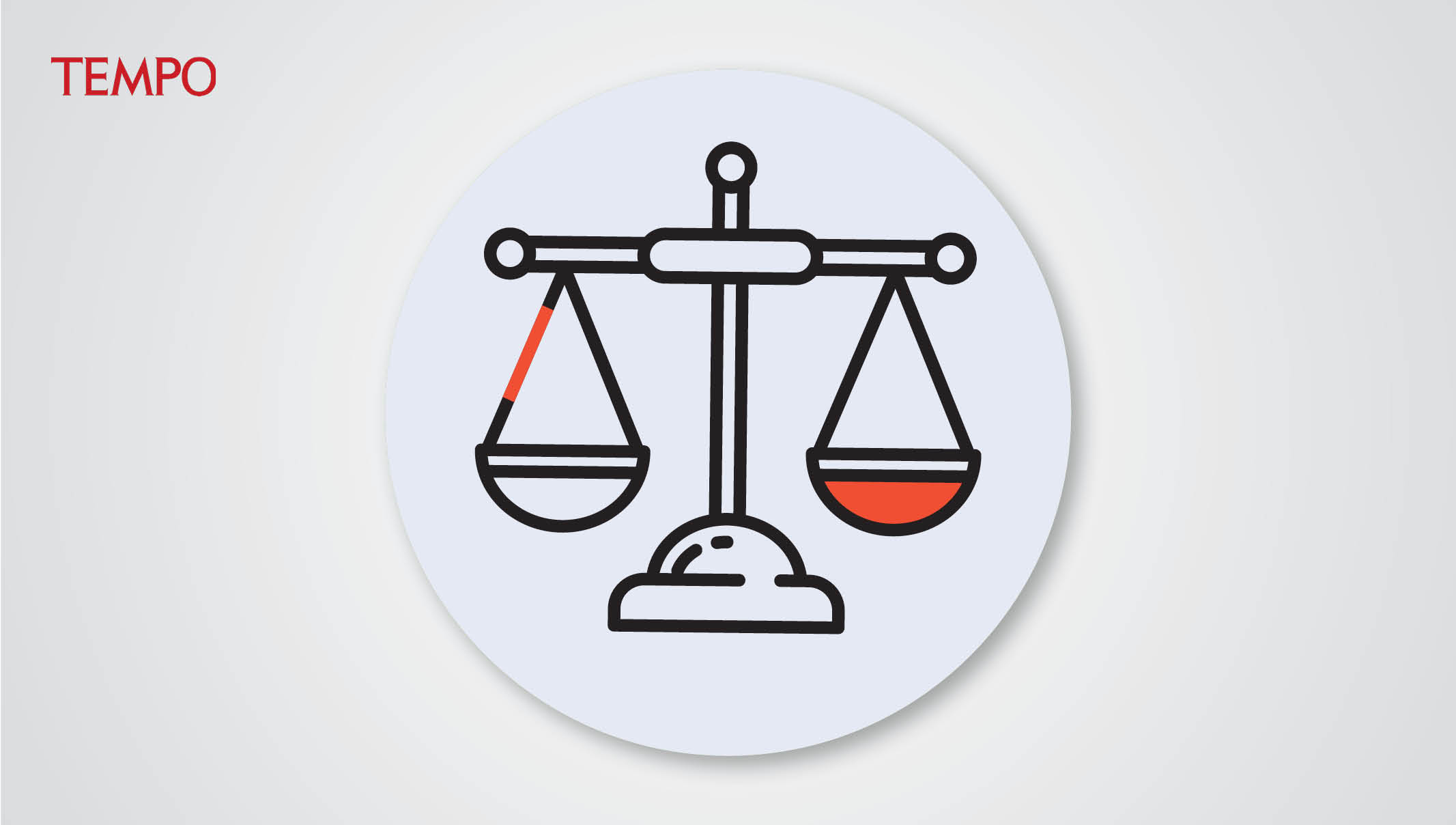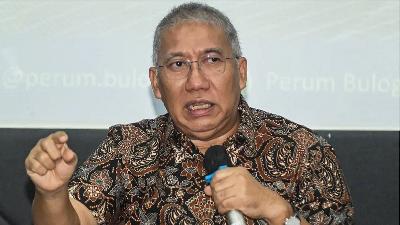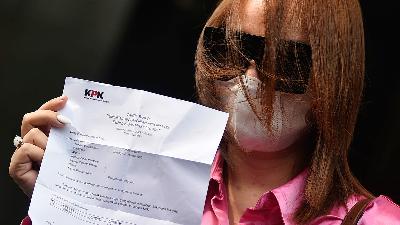The Grip of Corruption on Our Courts
Corruption is spreading through the Indonesian legal system. This is illustrated by the case involving the Supreme Court secretary.
Tempo
March 4, 2024

CORRUPTION has gnawed away at our law enforcement institutes all the way to the level of the courts. This sorry state of affairs is illustrated by a case involving, among others, former Supreme Court Secretary Hasbi Hasan.
In his testimony during the trial over this case, Wika Beton Commissioner Dadan Tri Yudianto said that he was asked to pay US$6 million, equivalent to Rp94.16 billion, by a person he referred to as “an individual from the Corruption Eradication Commission (KPK).” Dadan, who at the time was involved in the corruption case related to the handling of the case of Intidana Savings and Loan Cooperative debtor Heryanto Tanaka at the Supreme Court (MK), hoped to avoid being prosecuted by the KPK.
Dadan put Heryanto in touch with Supreme Court Secretary Hasbi Hasan, who then passed him on to the justice hearing the case. This collusion was subsequently discovered by KPK investigators, and Heryanto and his attorney were caught in a sting operation in 2022. Supreme Court Justice Sudrajad Dimyati was then asked to turn himself in to the KPK, following Justice Gazalba Saleh, who had been named a suspect. It is as if all of this money changed the opening sentence of the judge’s ruling, which read “in the name of justice based on Almighty God” to “in the name of all-powerful money.”
From the outset, the case was marked by a number of irregularities. It was only six months after Sudrajad and Gazalba were named suspects that the KPK also conferred the same status on Hasbi and Dadan. This is despite the fact that KPK investigators had been in possession of information about the flows of funds and records seized from Heryanto at the start of the investigation.
During this time, it seems that there were judicial machinations to end the investigation of the case. As well as Dadan paying bribes to court officials to cover up his corrupt acts, there are also indications that the Supreme Court Secretary bribed a member of the KPK leadership from the police so that he would not be named a suspect. The case then moved on to the Greater Jakarta Police. And Dadan is alleged interfered with the case at the KPK by colluding with an official at the director level, who was also a police officer.
This bribery that occurred at the KPK and the police shows that corruption is widespread, from the bottom all the way to the Supreme Court. Money determines who wins corruption cases at every level. One case leads to another bribery case. Any hope that the people have that the justice mafia would be wiped out has vanished.
With this state of affairs, public confidence in the law enforcement system has collapsed. The people assume that every level at which cases are handled can be arranged using money. One reason for this is that Gazalba Saleh was acquitted by the Supreme Court at the beginning of August last year, and on the same day, the Bandung High Court reduced the prison term that had been handed down to Sudrajad Dimyati by one year, from eight, to seven years.
Our legal and court system is at an all-time low. The judicial mafia and the courts mafia are running rampant. Law in this country has been wrecked because enforcement officials are all mutually held hostage to corruption cases. Buying and selling of cases, brokers and bribery, all using grease money, are increasingly flourishing. Once again, “in the interests of almighty money” has become the new slogan when hearing cases in this country.


